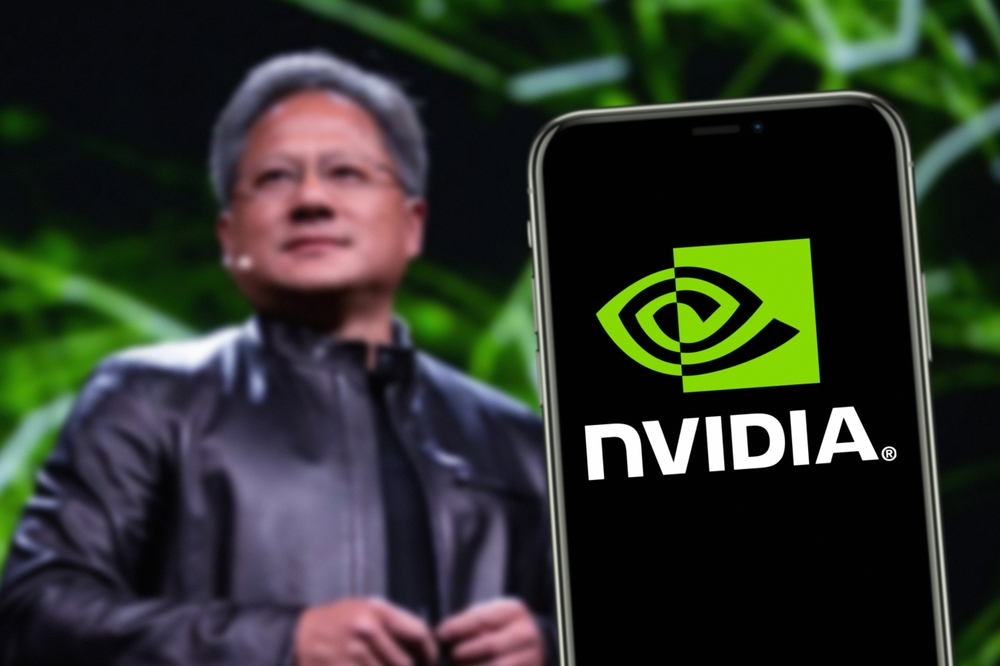
Nvidia (NVDA) and Alphabet (GOOG) stocks diverged this week following the announcement of a new quantum computing partnership between the two tech giants.
After the announcement, Nvidia stock fell 1.3% to $140.15, marking its third decline in four sessions, while Alphabet stock rose 1.7% to $176.80.
On Monday, Nvidia confirmed its collaboration with Google Quantum AI to advance quantum computing devices using Nvidia's CUDA-Q platform, an open-source supercomputing framework.
These devices will also leverage Nvidia’s Eos supercomputer, designed to address hardware limitations in quantum computing.
The partnership aims to commercialize quantum computing, a field hindered by high costs and "noise," or unwanted instabilities that impact performance.
Nvidia’s director of quantum and HPC, Tim Costa, emphasized the role of AI supercomputing in this effort, stating that Google’s use of CUDA-Q showcases the importance of GPU-accelerated simulations in solving real-world problems.
Estimates for the supercomputing market's potential vary, but analysts project it could reach $30 billion within a decade.
Nvidia is unconcerned about competition
Alphabet, a major Nvidia customer, uses Nvidia GPUs extensively for its Google Cloud platform, AI research, and machine learning.
Google Cloud, which generated $11.4 billion in Q3 revenue, is growing faster than Amazon Web Services, though AWS remains larger overall.
Since 2015, Alphabet has developed its own AI chips, raising questions about potential competition with Nvidia. However, Nvidia CEO Jensen Huang expressed confidence during the company’s recent earnings call.
“Our accelerated computing architecture allows customers to process every aspect of their pipeline,” Huang explained. “We’re in the cloud, in computers of all sizes, and we build AI factories.”
Huang emphasized that AI success extends beyond chips to comprehensive systems, where Nvidia excels. “AI is not a chip problem only. It starts with great chips, but it’s a systems problem,” he said.
Your email address will not be published. Required fields are markedmarked